
House Renews Effort to Protect Children and Animals from Abuse
This legislation would require that data collected by the federal government from state child protection agencies include information about animal abuse as a risk factor for child abuse.

This legislation would require that data collected by the federal government from state child protection agencies include information about animal abuse as a risk factor for child abuse.
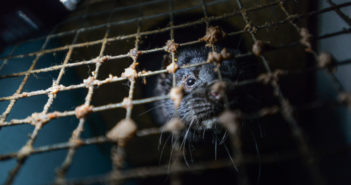
As demonstrated by the current global health crisis, wildlife consumption and use, including fur animal farming, poses a grave threat to human health, both in China and worldwide.
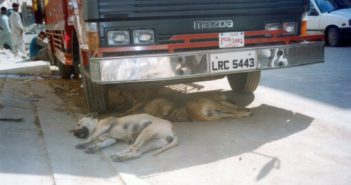
In order to help the world’s dogs, we need an estimate of their population, and of what percent are homeless in each country.

Mail delays in the United States have brought attention to the serious animal welfare issues inherent in the practice of shipping live animals in the mail.
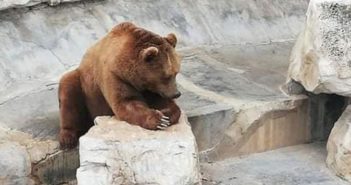
The animals are imprisoned in very small cages, neglected, dehydrated, and malnourished in a facility where maintenance, hygiene and good care are not provided.
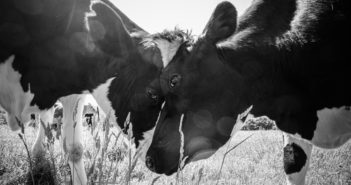
Refarm’d Project is turning animal farms into plant-milk producing sanctuaries, one at a time.
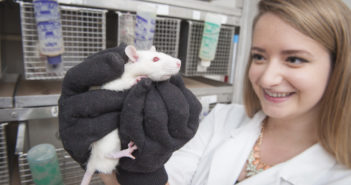
These abominable animal experiments siphon money away from treatments that are known to be highly effective, but right now aren’t reaching patients.
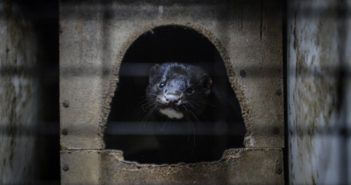
New report by Born Free USA reveals lack of oversight, serious animal welfare concerns, and public health risks on U.S. fur farms.
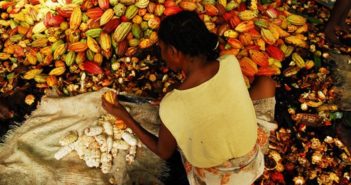
You may not realize that chocolate bar you bought was produced using slavery, or that your bananas were picked by children working long hours for very little pay. These products might be vegan, but that doesn’t mean they’re cruelty-free.
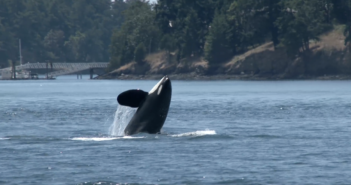
Experts have called for a moratorium on whale watching in the Pacific Northwest to protect the highly-endangered Southern Resident Killer Whales, but the whale watching industry persists. Why, and why is this such an important issue?
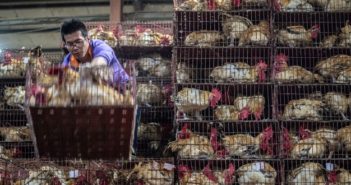
The fact that the COVID-19 crisis very likely arose from the exploitation of animals has drawn greater attention to how human uses of animals can increase the risk of future pandemics.
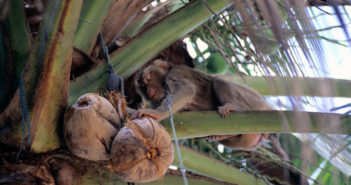
In some regions of Thailand, pig-tailed macaques are abusively trained, often with severe punishments, to harvest coconuts for the export industry.